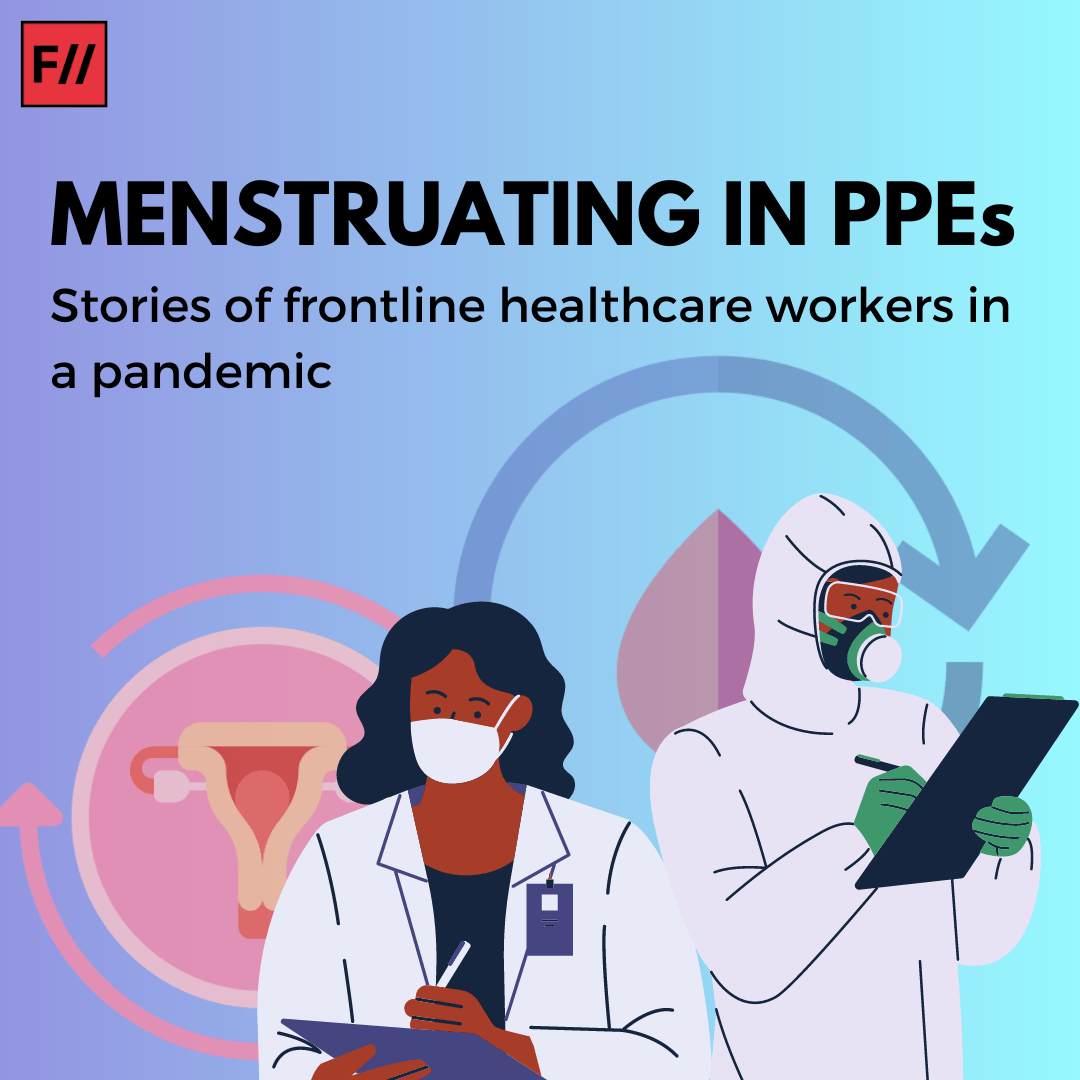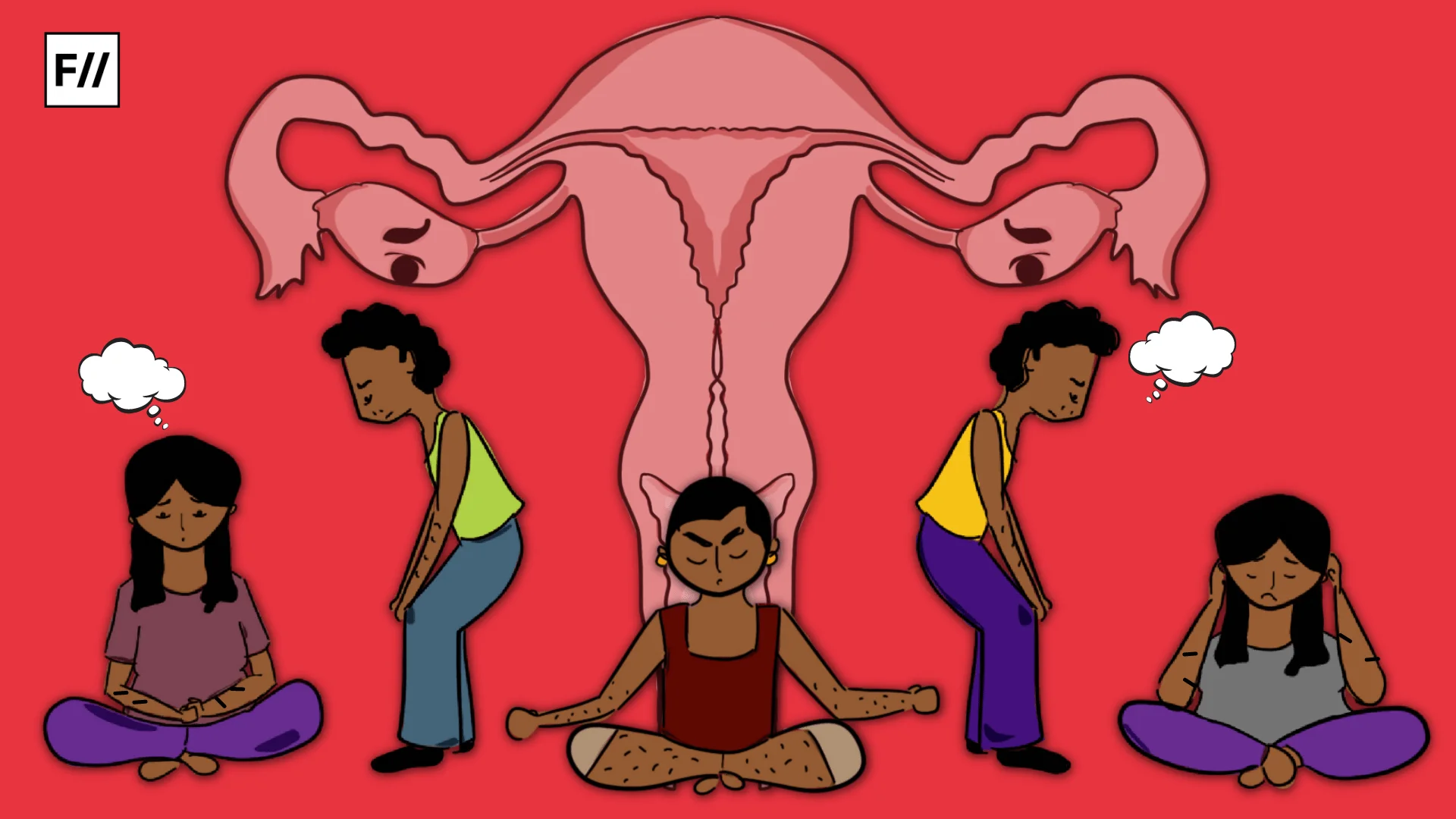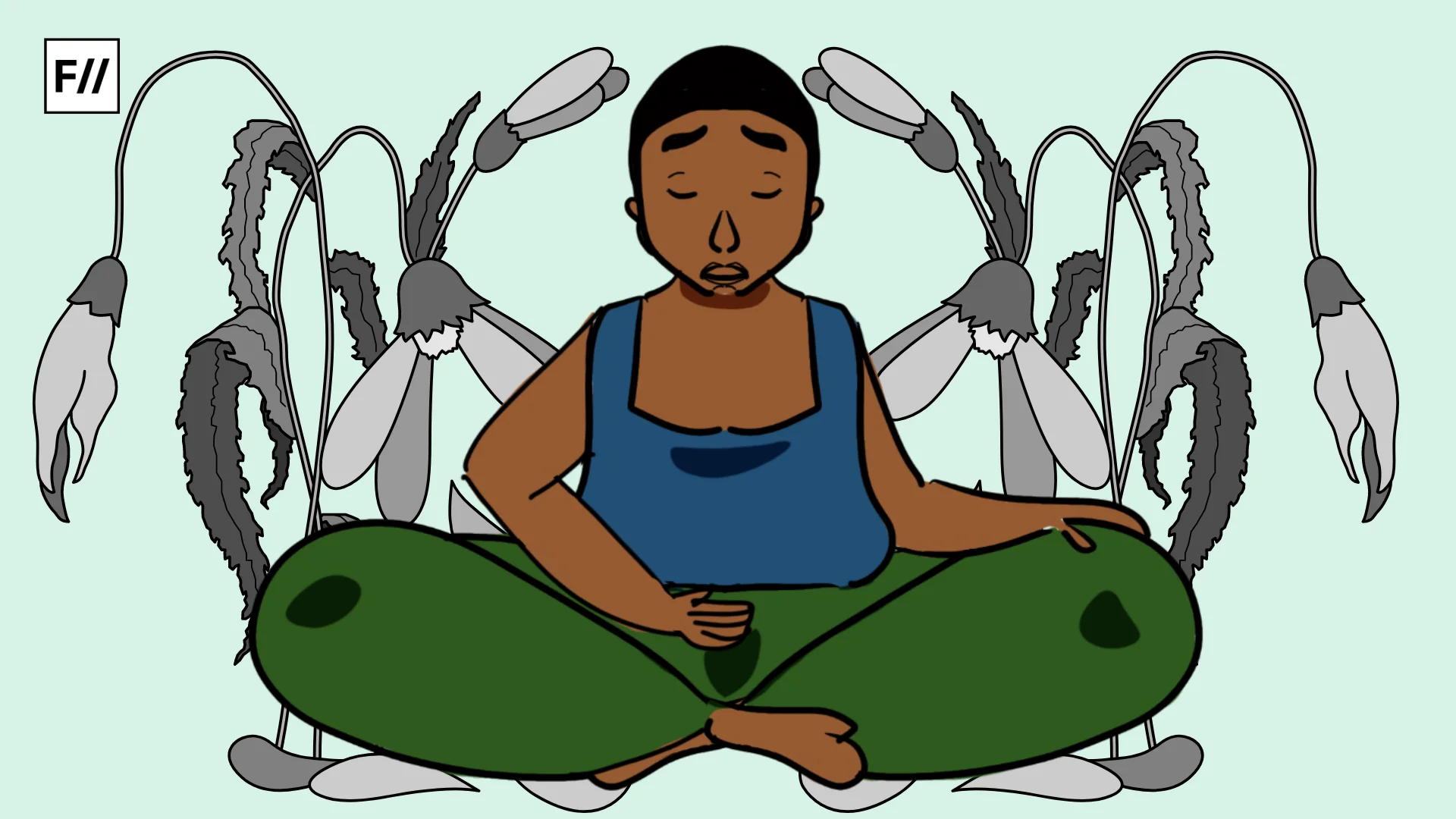Today on National Doctor’s Day, we ask an overlooked, yet necessary question: How are frontline healthcare workers who menstruate dealing with their periods while donning personal protective equipment (PPE)? Yes, healthcare workers have periods too! Even when they have don PPEs for their shifts in COVID-19 wards. While long hours, heat, and a global shortage of PPEs currently affect all frontline healthcare workers, adding periods to the mix can be extremely stressful for healthcare workers who menstruate. How do they manage their menstrual health dressed in PPEs? Let’s take a look!
Dr. Kamna Kakkar, junior resident doctor in Anaesthesiology, shared her experience of getting her period while wearing a PPE with the The Print. “I was unprepared. When you work in Covid areas, you go to work empty-handed. You do not even carry your keys or phone with you, let alone a sanitary napkin, to make sure you do not take infection back home”, wrote Kakkar.

Talking to The Quint, Dr. Sumedha Tiwari from Rajawadi Hospital said, “I got thinking that just like me, there are so many other doctors and nurses in the hospital who are women, who must be getting their period, probably sometimes on their duty, sometimes when they are not on duty. And it’s very difficult in a PPE. When you wear it the whole day, it’s very stuffy, you can’t keep using the washroom, you can’t go and change your pad. What if you stain your PPE?”

Dr. Azmera Shaikh from Doctors For You (DFY), Mumbai has regularly been conducting screenings in the field and attending visiting patients in isolation wards. Shaikh, who’s been attending patients in slum areas, told Mumbai Mirror, “It’s excruciating to work in PPE kits in the hot sun. One starts sweating dreadfully within minutes. It’s (common bathrooms) a major problem for women who are menstruating. We can’t use the toilet or change pads for a long period.”

Under the pandemic, frontline healthcare workers are on duty for long, gruelling hours under intense pressure. It is important that their menstrual health needs are met. So, how can we assure that they are provided adequate facilities and resources to do so?

Frontline healthcare workers, especially those who need to wear PPEs, must be provided menstrual hygiene materials like sanitary napkins, tampons, and menstrual cups. Adequate facilities and resources must be arranged for them to manage their menstrual health. Hospitals and quarantine centres should assure that healthcare workers are provided with menstrual hygiene supplies. Every person who menstruates experiences their period differently. Healthcare workers might also be unable to obtain their own menstrual hygiene products. Adequate supplies hence must be arranged, and the staff sensitised, to meet the needs of frontline healthcare workers.
Also read: Menstruation Is Natural. Myths Around Menstruation Are Social Constructs
About the author(s)
Feminism In India is an award-winning digital intersectional feminist media organisation to learn, educate and develop a feminist sensibility and unravel the F-word among the youth in India.




